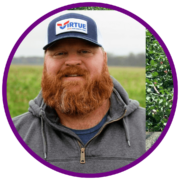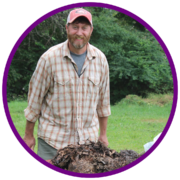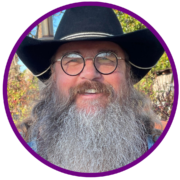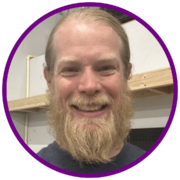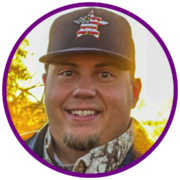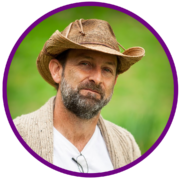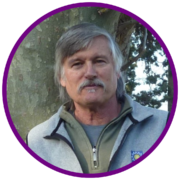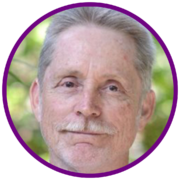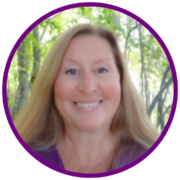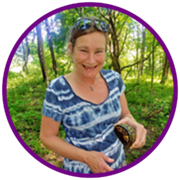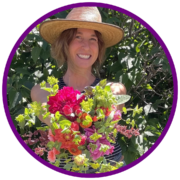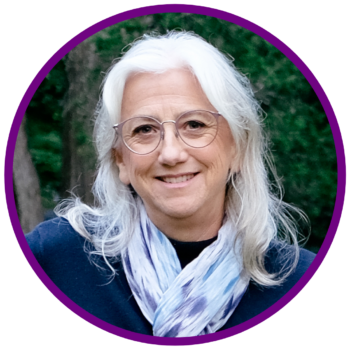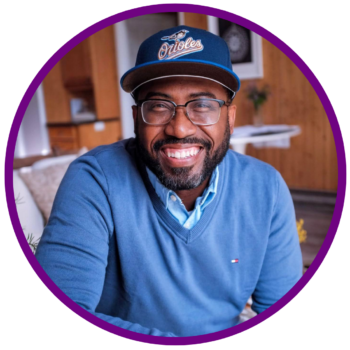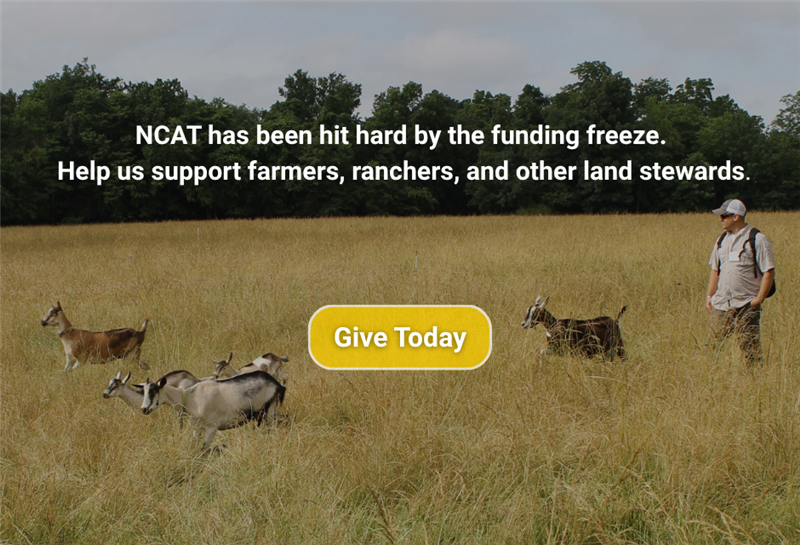Let’s Grow Hope Together!
A Thanks to Our Sponsors
NCAT’s annual national conference provides the practical tools to build more resilient farms, ranches, and communities, as well as the opportunity to connect with other like-minded producers and resource providers.
Our pre-conference farm tours feature local farm operations that nurture innovative agroecosystems. NCAT agriculture specialists, subject matter experts, and farmers from around the country lead detailed how-to sessions on appropriate technology, climate adaptation, land stewardship, and regenerative farm businesses.
Questions? Email Margo Hale at margoh@ncat.org






